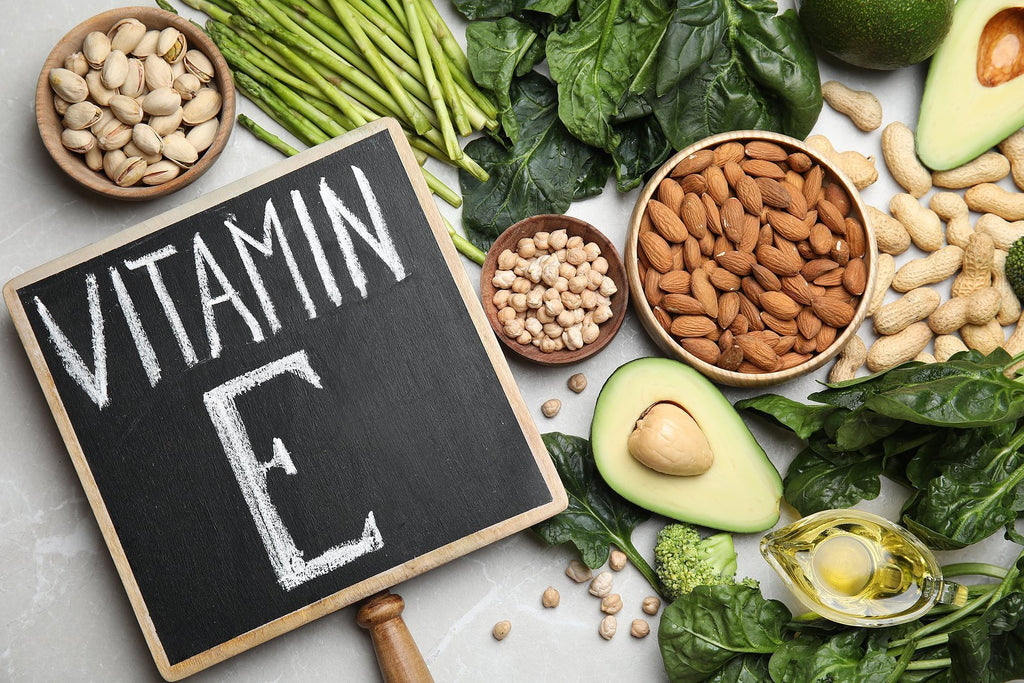The Incredible Power of Berberine
Berberine is a plant compound that can help with some very common health problems and diseases. It’s been used in Chinese and Ayurvedic medicine for thousands of years – and there’s a growing body of research showing its huge potential to help with obesity, diabetes, heart disease, polycystic ovary syndrome, fatty liver, and even cancer. It’s found in the stem, bark, and root of plants like turmeric, goldenseal, barberry, and Oregon grape.
Awesome AMPK Activation
Berberine has properties that cut right to the root causes of most diseases and aging. It has strong anti-inflammatory, antimicrobial, and antioxidant qualities.
Berberine’s most remarkable property is how it activates the enzyme adenosine monophosphate-activated protein kinase, usually abbreviated to AMPK. Only a few compounds have the ability to activate AMPK. Think of AMPK as the master switch in your body that regulates how and where energy is produced and used. When AMPK is activated, you can properly use glucose, burn fat for energy, and produce mitochondria. This is central to overall health.
In other words, AMPK is crucial for metabolism and has enormous potential as a therapy for metabolic diseases like diabetes and cancer. In fact, a common drug prescribed for diabetes – Metformin – functions by activating AMPK. And so does berberine!
Almost 3,000 studies have been done on berberine and some very compelling research shows its role in controlling diabetes and how it’s as effective as Metformin for lowering fasting glucose, insulin levels, post-meal glucose levels, and markers for long-term blood sugar. That’s really a big deal and something that you should note, considering that blood sugar issues are a huge problem worldwide.
Berberine’s Brilliance
Research shows that berberine lowers triglycerides and insulin resistance, and fights polycystic ovary syndrome, a hormonal disorder that affects fertility. It’s likely that the positive effects on triglycerides and insulin resistance cross over to people who don’t have that syndrome also. This is great news because Metformin has side effects, including blocking vitamin b12 absorption, muscle weakness, abdominal pain, upper respiratory infections, and many more.
Berberine reduces your risk for cardiovascular disease by improving your LDL and HDL cholesterol ratio, by supporting the integrity of blood vessel walls, and by suppressing inflammatory cytokines, which are the molecules that signal to increase inflammation.
Berberine has shown great potential at combating non-alcoholic fatty liver disease. It does this by concentrating itself in the liver where it activates AMPK and directly affects the genes involved in energy metabolism. In addition to that, it can reduce harmful bacteria in your gut, specifically the ones that encourage fat storage.
So berberine targets key pathways that help control the epidemic of metabolic disorders that are so common today.
Taking Berberine in Dietary Supplement Form
Don’t take your daily dose all at once – it’s metabolized quickly and you want it to be in your system throughout the day. So take two to three doses a day, for a total of between 1000 and 1500 milligrams. Also, don’t forget to take your berberine with meals to optimize control over blood sugar spikes.
Have questions about berberine? Leave a comment below…
Sharing is caring
Know Your Body - Know Your Health






